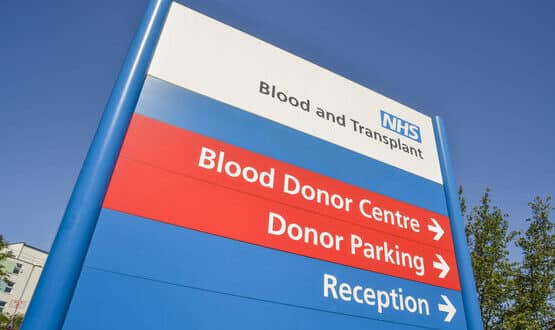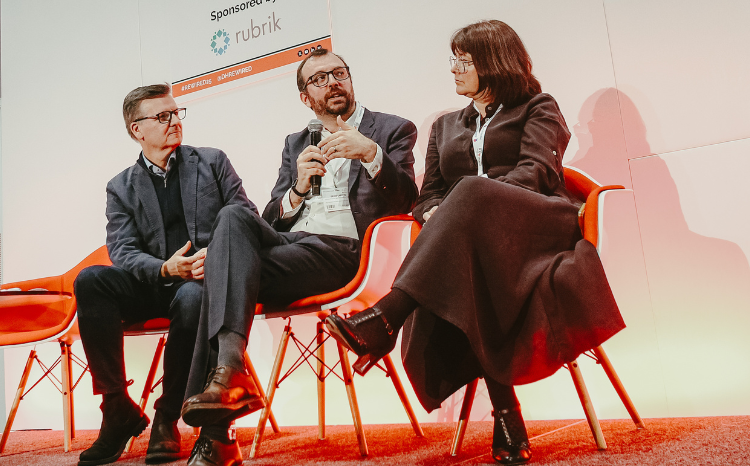NHS issues urgent call for O-type blood donors following London cyber attack
- 10 June 2024

NHS Blood and Transplant (NHSBT) has urgently called for donations of O Positive and O Negative blood to boost stocks following a ransomware attack which has disrupted pathology services in London.
The cyber attack on pathology system provider Synnovis on 3 June 2024, has led to operations and appointments being cancelled at Guy’s and St Thomas’ NHS Foundation Trust, King’s College Hospitals NHS Foundation Trust, including transplant centre the Royal Brompton, Harefield Hospital and the Evelina London Children’s Hospital.
It has also disrupted GP services across Bexley, Greenwich, Lewisham, Bromley, Southwark and Lambeth boroughs.
The IT incident means the affected hospitals cannot currently match patients’ blood at the same frequency as usual.
In a press release published on 10 June, Professor Stephen Powis, medical director for NHS England said: “NHS staff are continuing to go above and beyond to minimise the significant disruption to patients following the ransomware cyber-attack on Synnovis earlier this week.
“But unfortunately, we know that a number of operations and appointments have been postponed or diverted to other neighbouring hospitals not impacted by the cyber-attack, as we prioritise pathology services for the most clinically urgent cases.
“To help London staff support and treat more patients, they need access to O Negative and O Positive blood, so if one of these is your blood type, please come forward to one of the 13,000 appointments currently available in NHS blood donor centres.”
For surgeries and procedures requiring blood to take place, hospitals need to use O type blood as this is safe to use for all patients and blood has a shelf life of 35 days, so stocks need to be continually replenished.
That means more units of these types of blood than usual will be required over the coming weeks to support the wider efforts of frontline staff to keep services running safely for local patients.
NHSBT is calling for type O blood donors in 25 town and city centre NHS blood donor centres in England.
Dr Gail Miflin, chief medical officer at NHS Blood and Transplant, said: “Patient safety is our absolute priority. When hospitals do not know a patient’s blood type or cannot match their blood, it is safe to use O type blood.
“To support London hospitals to carry out more surgeries and to provide the best care we can for all patients, we need more O Negative and O Positive donors than usual”.
Russian cybercrime group Qilin is thought to be behind the ransomware attack, according to Ciaran Martin, former chief executive of the national Cyber Security Centre.
Martin told BBC Radio 4’s Today programme that the hackers, who have previously attacked automotive companies, Australian courts and the Big Issue, were “looking for money”.
An NHS London spokesperson said: “NHS staff are working around the clock to minimise the significant disruption to patient care following the ransomware cyber-attack and we are sorry to all those who have been impacted.
“Pathology services are integral to a wide range of treatments and we know that a number of operations and appointments have been cancelled due to this attack.”




